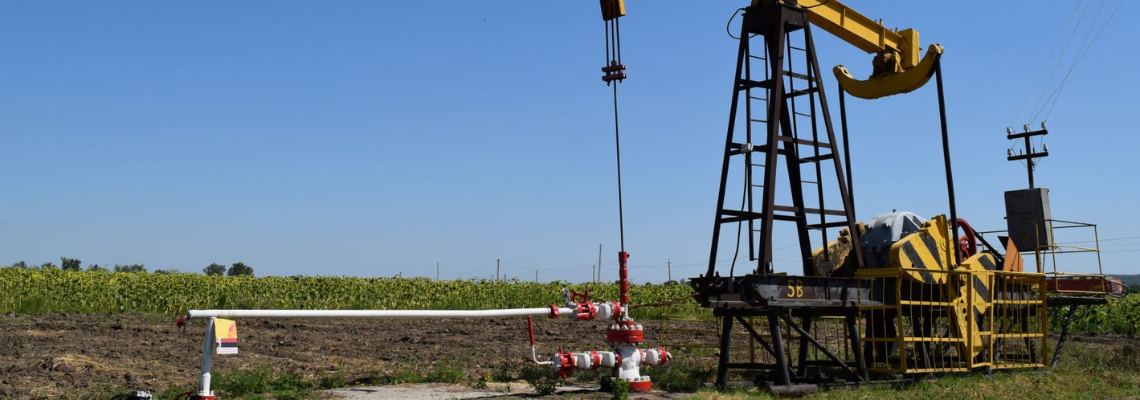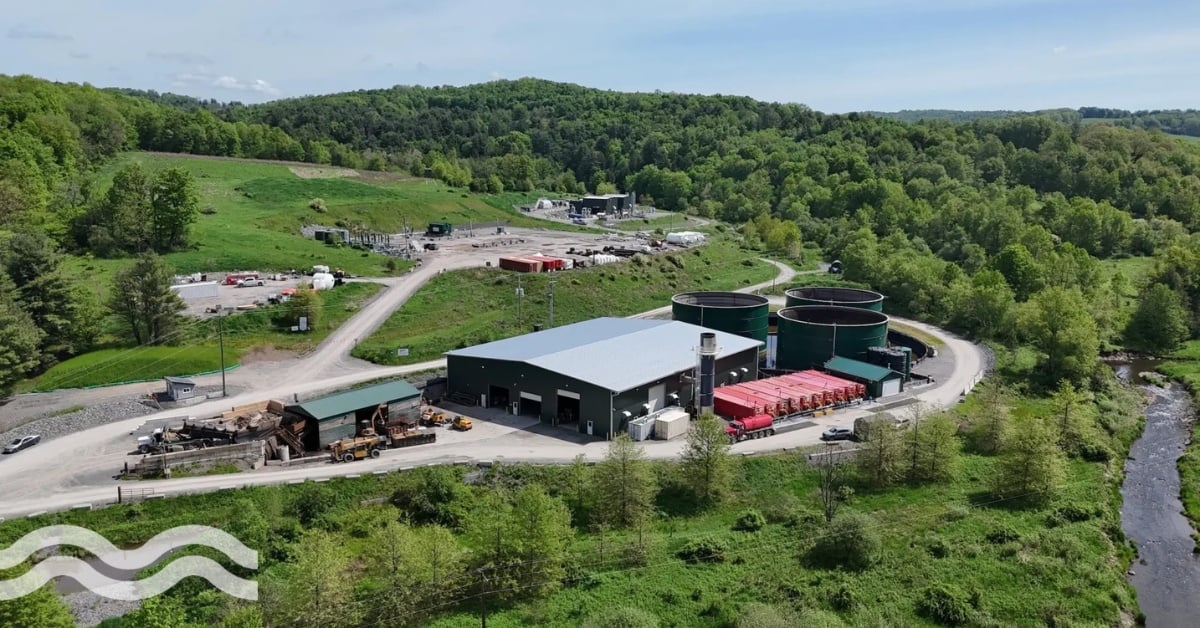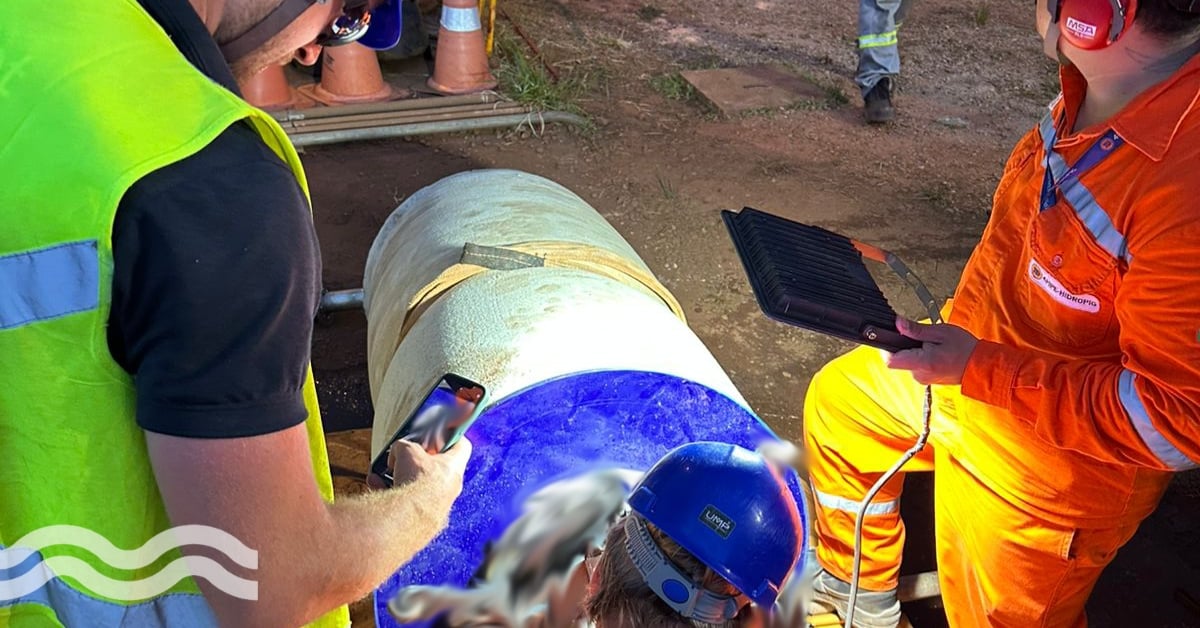ExxonMobil partnership pushes produced water repurposing

A collaboration between Infinity Water Solutions and an ExxonMobil subsidiary will expand a portfolio of water management initiatives in the Permian Basin.
Closed-loop water management
Texas-based sustainability company Infinity Water Solutions has signed a multi-year contract with XTO Energy, an ExxonMobil subsidiary that will expand its XTO’s portfolio of water management initiatives in the Permian Basin.
The move comes as ExxonMobil, one of the world's largest oil and gas companies, looks to offset its water use through water recycling and reuse.
Infinity operates what it calls a shared closed-loop water management system to create on-demand water for production.
All the water sourced, including water discharged from XTO Energy, at its Mills Ranch 1 facility in Eddy County, New Mexico has been recycled and redistributed back into the oil and gas industry in the state.
"To date, Infinity has treated more than four million barrels of water."
Michael Dyson, Infinity Water Solutions CEO, said: "We have now had conversations and shared Infinity’s vision with Exxon and they responded by increasing their commitment [to water recycling].”
Commissioned back in 2022, Infinity’s Mills Ranch 1 facility covers over 150,000 acres across Eddy and Lea counties in New Mexico.
It currently produces 125,000 barrels (19.8 megalitres) of water per day with a staging inventory of just more than three million barrels (476.9 megalitres).
To date, Infinity has treated more than four million barrels of water.
The water impact of hydraulic fracking
New Mexico has continued to yield record amounts of oil and gas through hydraulic fracking and is among one of the top oil and gas suppliers in the country.
Hydraulic fracking is a common method to extract oil and gas, a process that utilises high-pressure fluid injections to break rock formations to get fossil fuels.
Many environmental groups calling out the water use of the fracking industry, claiming it depletes freshwater and groundwater sources.
Despite this, the New Mexico Oil and Gas Association claims that in New Mexico, oil and natural gas production and fracking use less than one per cent of the state’s annual water consumption.
According to the Oil Conservation Division’s records, fresh water made up less than three per cent of all water used for well completion work in the first quarter of 2022, down from nearly 100 per cent a decade earlier.
Repurposing water
As the Permian Basin attracts more advanced technology, it is creating a new challenge: what to do with the produced water.
The aim of this project between Infinity Water Solutions, XTO Energy, and ExxonMobil is to develop ways the produced water can be repurposed.
Speaking on the project announcement, Dyson said: "That is increasing the challenges of what to do with the water. The one answer is to repurpose that water outside oil and gas.”
Traditionally, produced water is reinjected underground for disposal though many energy companies in recent years began treating it for reuse in hydraulic fracturing.
Indeed, new research by Stanford University suggests that recycled wastewater can be less polluted and more dependable for potable use than traditional sources of drinking water.
Meanwhile, in California, construction has begun on a new water purification centre as part of the Soquel Creek Water District’s project to replenish depleted groundwater sources.


